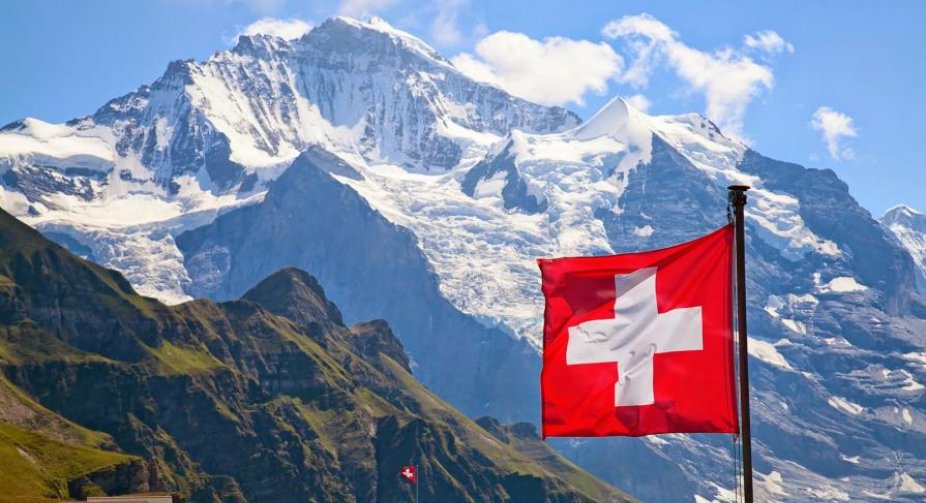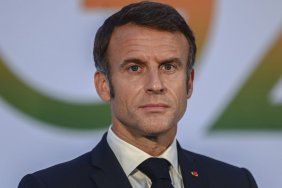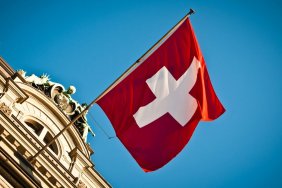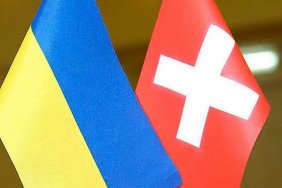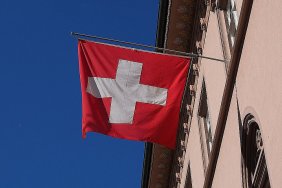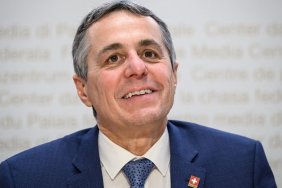Switzerland received a request back in May from the Euro-Atlantic Disaster Response Coordination Center, which works within NATO and coordinates medical evacuations from Ukraine internationally. Several countries accepted the wounded, such as Norway.
The request was received by the Army Medical Service (KSD). Because the hospitals are run by the cantons, KSD also involved the conference of cantonal health directors (GDK).At its May 19 meeting, the GDK board "declared a fundamental openness of the cantons and hospitals," says Lukas Engelberger, GDK president. The civilian and military health authorities at the federal level also reportedly reacted favorably.
But the decision was not supported by the Ministry of Foreign Affairs (FDFA), led by Ignazio Cassis, who is now president of the country. The Foreign Ministry spent three weeks examining the implications of the issue under international law. In mid-June, FDFA wrote in a statement to other entities rejecting the request for legal and practical reasons.
The key argument advanced by the FDFA is neutrality. In fact, the Geneva Conventions of 1949 contain a special provision for neutral states, which, according to the FDFA, applies here as well.Article 37 of the First Geneva Convention regulates the case when a neutral country deals with wounded soldiers of belligerent states. In this case, the neutral country must ensure that the soldiers "can no longer take part in hostilities" after their recovery under an agreement administered by Switzerland as the depositary state.
To prevent their return to war, Switzerland might even have to intern the soldiers. The only way to depart from this rule would be if Russia allowed the Ukrainian soldiers to return. According to the FDFA, this is unlikely. Furthermore, the FDFA refers to the 1907 Hague Agreement. It also states that the wounded must be protected by a neutral state in such a way that they "cannot participate in hostilities again."
At the same time, the ministry says that instead of bringing the wounded to Switzerland, they now want to help them locally. The Foreign Ministry has decided that the federal government's humanitarian aid will now support civilian hospitals in Ukraine. It is noted that Austria, also a neutral country, has a different policy than Switzerland. In May, Chancellor Karl Negammer promised Ukraine that he would take in up to 100 seriously wounded Ukrainians, mostly women and children.
So far, however, only three people are being treated in Austrian hospitals, said the coordinator for refugees from Ukraine in Vienna. We shall remind you that in June, the Swiss government did not allow Germany and Denmark to transfer armored personnel carriers and ammunition manufactured in Switzerland to Ukraine, according to the EP.
